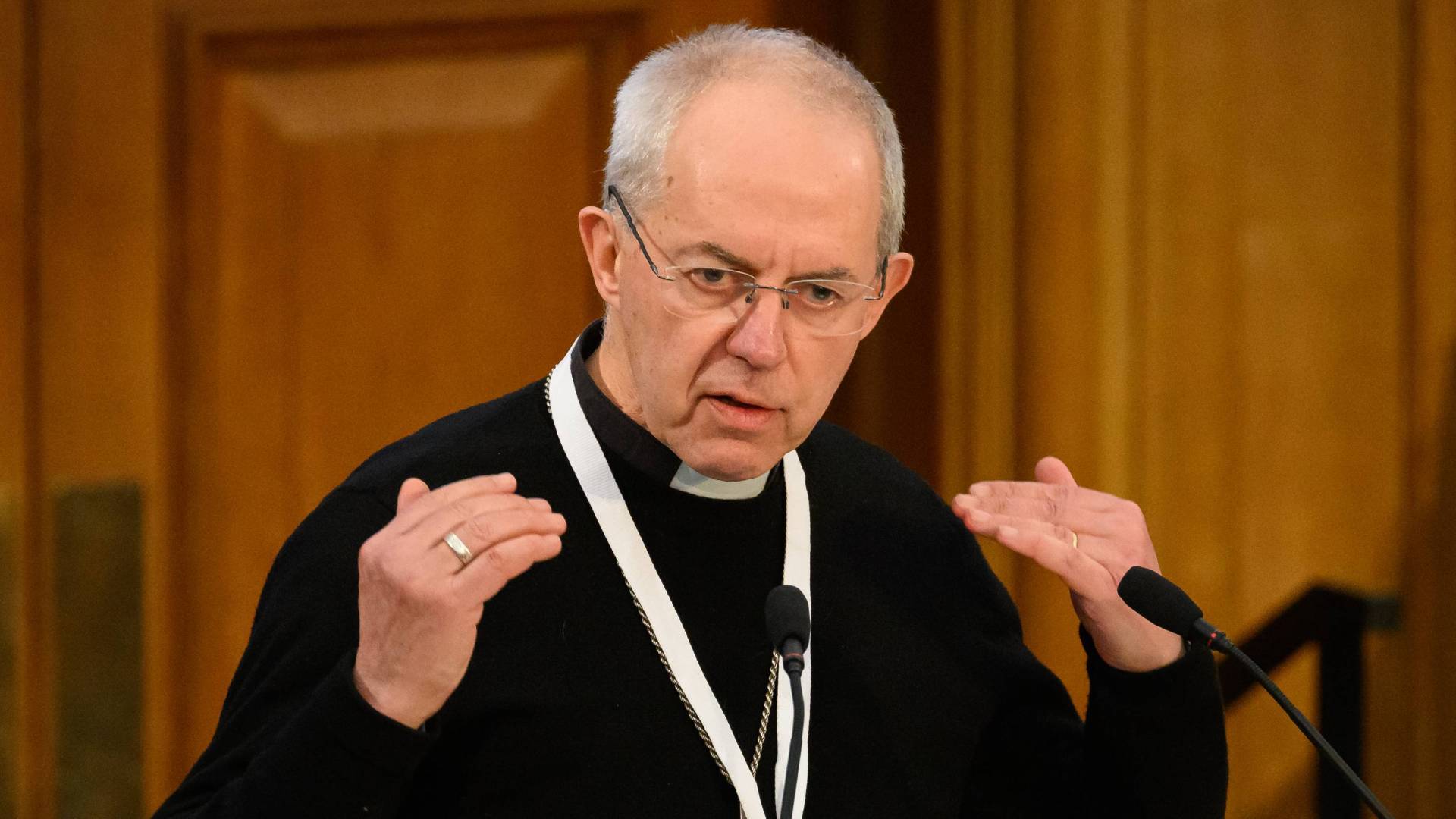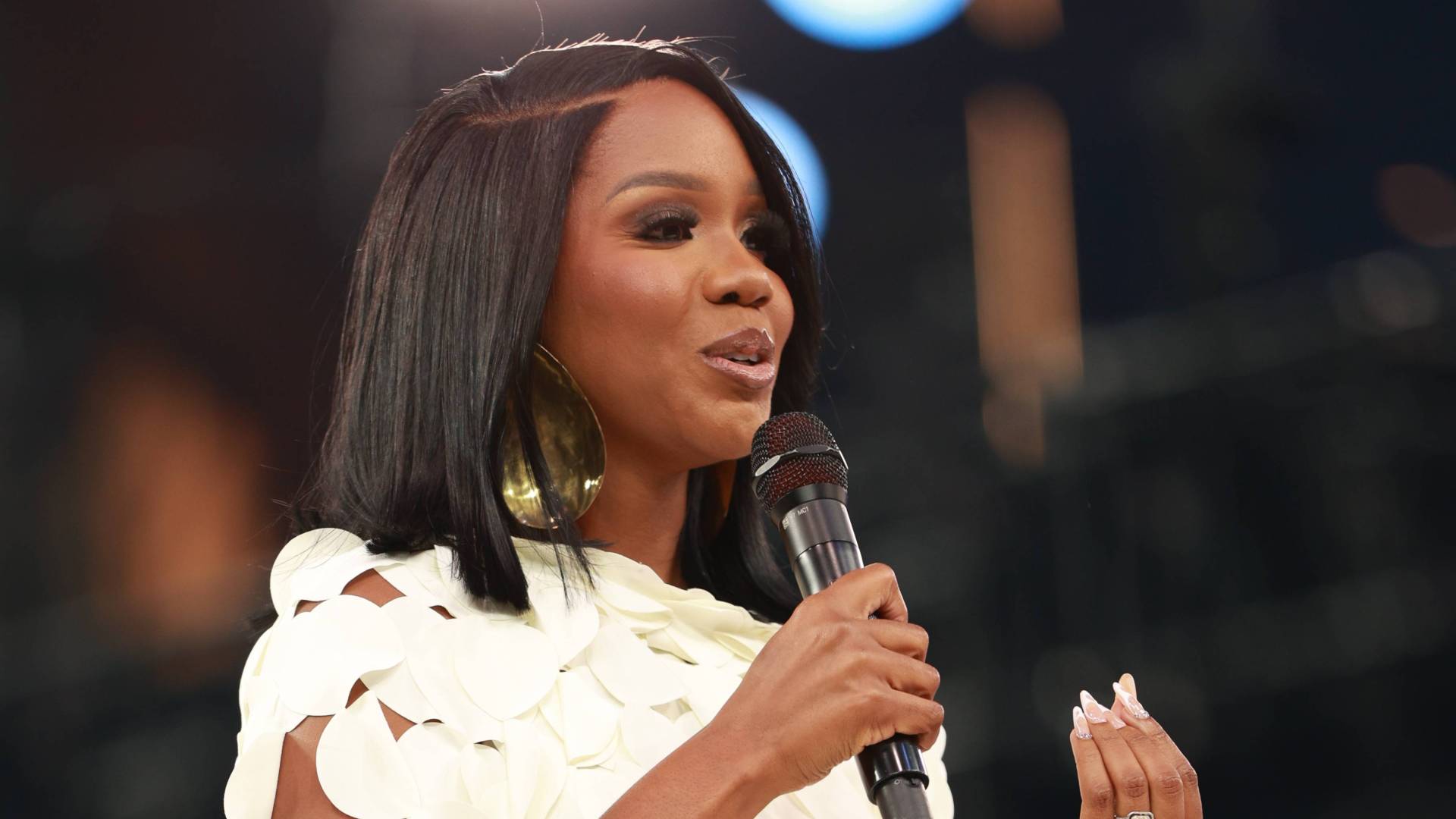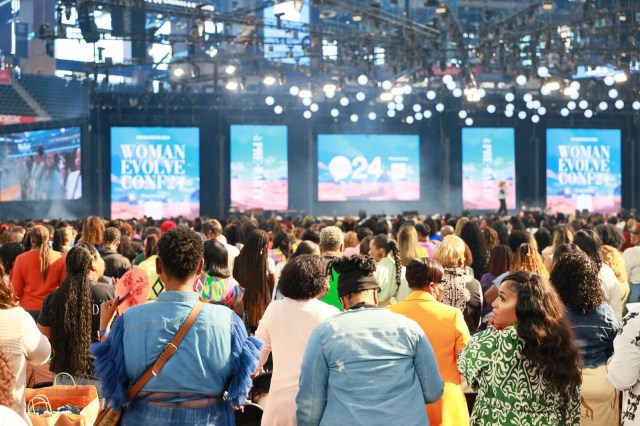Pro-life evangelicals across the country celebrated the defeat of Florida’s proposed constitutional amendment on abortion on Tuesday night and thanked Gov. Ron DeSantis, whose 6-week ban will remain in effect.
Florida’s Amendment 4 is the first abortion-rights ballot measure to fail since the Supreme Court overturned Roe v. Wade in 2022 and sent the issue to the states. The proposal required a 60 percent majority to pass but fell short, with 57.4 percent approval, The Hill reported.
“That is an incredible victory for the pro-life movement and ends the abortion winning streak!” said Brent Leatherwood, president of the Southern Baptist Ethics and Religious Liberty Commission.
South Dakota and Nebraska also voted against state ballot measures that would have expanded access to abortion, while seven states passed amendments or propositions that protected abortion rights.
Florida’s Amendment 4, officially the “Amendment to Limit Government Interference with Abortion,” would have barred any laws that “prohibit, penalize, delay, or restrict abortion before viability or when necessary to protect the patient’s health, as determined by the patient’s healthcare provider.”
“The pastors and churches of Florida worked and gave money and spoke up and voted. And Amendment 4 went down,” wrote Jimmy Scroggins, pastor of Go Family Church in the Palm Beach area. “Well done to all the Jesus people in the Free State. And thanks @GovRonDeSantis.”
Florida is one of ten states with abortion on the ballot this year. Another half dozen states—California, Kansas, Kentucky, Michigan, Ohio, and Vermont—had abortion amendments on the ballot over the past two years, and voters in each state went in favor of abortion access.
DeSantis broke the news that his state had voted down the abortion amendment, as well as another amendment that would have legalized recreational marijuana, in a post on X.
Pro-lifers were excited to see an early victory in Florida, which reported results before ballot initiatives or races had been called in other states. Voters in Maryland, New York, Colorado, Montana, Nevada, and Arizona went the other way, voting in favor of abortion protections, some of which overruled existing abortion bans.
“The ten 10 state abortion initiative results reflect a divided and an uneven sentiment regarding the sanctity of life in America. We celebrate pro-life wins in Florida, South Dakota and Nebraska,” said Focus on the Family president Jim Daly.
“Special thanks and congratulations to Governor Ron DeSantis who boldly, courageously, and successfully campaigned to defeat the Florida abortion initiative. He demonstrated strong and confident leadership in the face of angry and well-funded opposition. Governor DeSantis modeled the way to advocate for a principled position by leaning into the issue and not slinking away from it.”
Florida enacted a 15-week abortion ban after the 2022 Supreme Court ruling, and then DeSantis signed the 6-week abortion ban into law the following year. The 6-week ban, known as the Heartbeat Protection Act, went into effect in May 2024.
A pro-life Catholic, DeSantis rallied evangelical supporters nationwide during his run in the presidential primaries and fronted Florida’s abortion restrictions.
During the campaign, Trump had called DeSantis’ 6-week ban a “terrible mistake,” and the former president faced some backlash from evangelical voters who were disappointed as he and the GOP softened their messaging on abortion.
In the presidential race, Trump won Florida, his home state, for the third time in a row and went on to decisively win the election on Tuesday night.
This is a breaking news story and has been updated.



































































